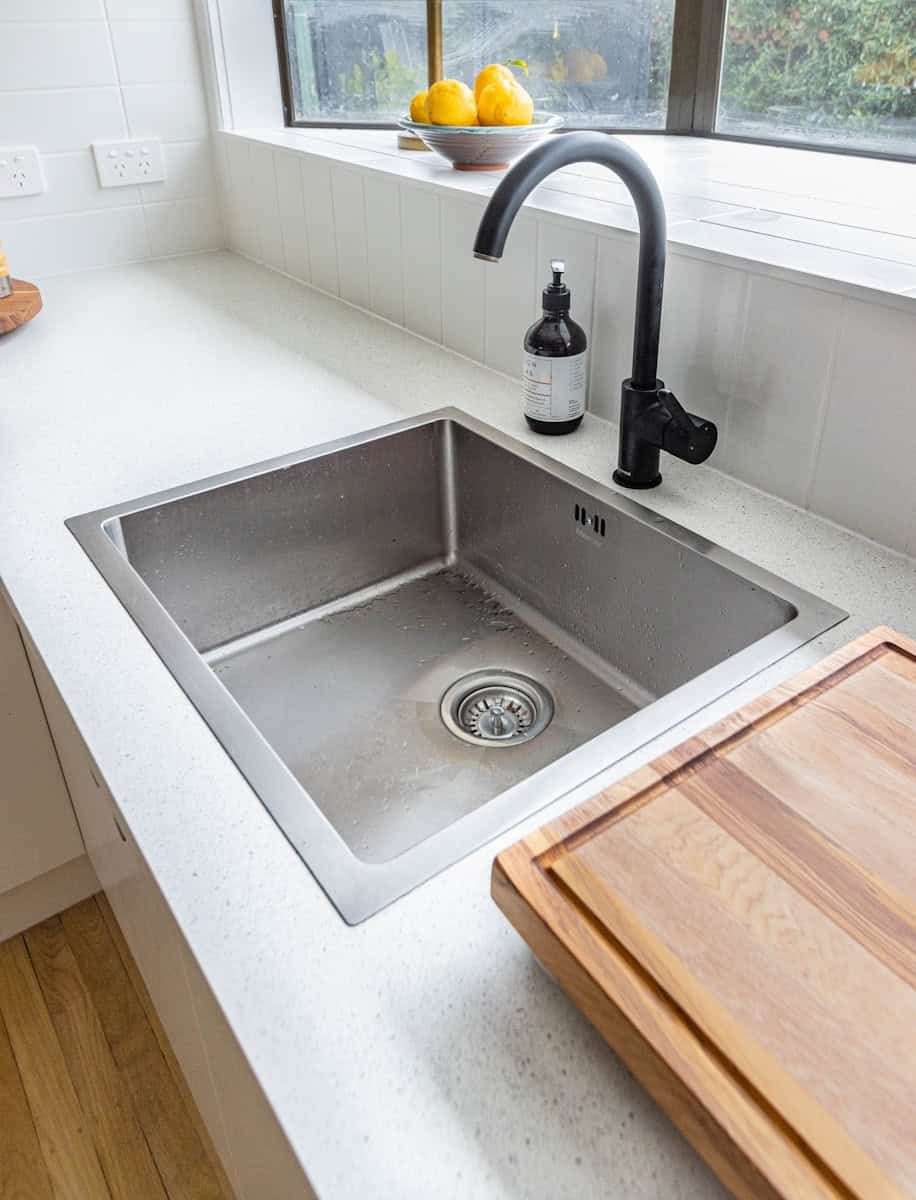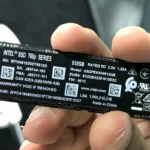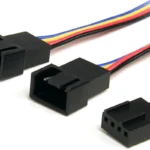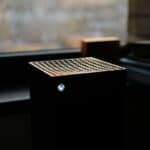A smelly sink can make your whole kitchen or bathroom unpleasant. No one wants to deal with bad odors while washing dishes or brushing teeth. The good news is that fixing a stinky sink is often a simple task you can do yourself.
You can usually fix a smelly sink by cleaning the drain with baking soda and vinegar or boiling water. These easy methods help remove gunk and kill odor-causing bacteria. For tougher smells you may need to clean the P-trap under the sink or use a plunger.
Regular cleaning can prevent sink smells from coming back. Wipe down the sink area often. Don’t let food bits or soap scum build up. With some basic care your sink can stay fresh and odor-free. A clean sink makes the whole room more pleasant to use.
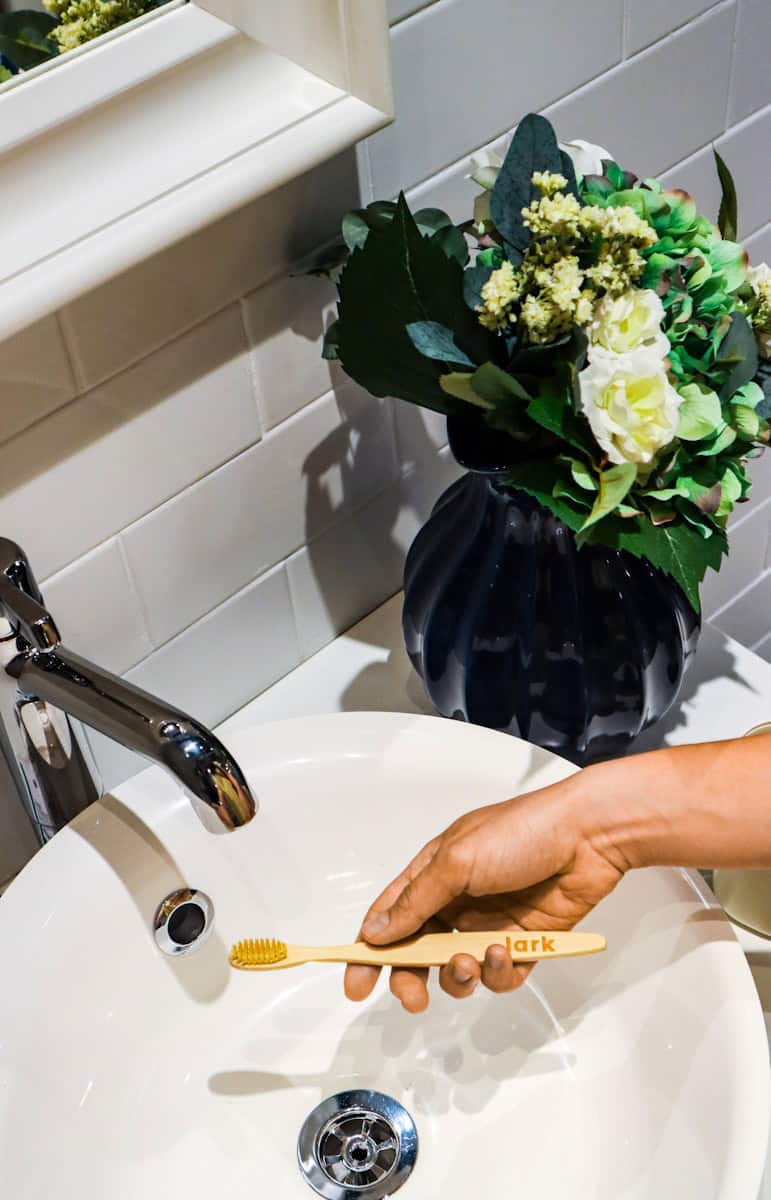
Getting Rid Of Bad Sink Odors
A smelly sink can be an unpleasant and persistent problem in any home. Fortunately, you can often tackle this issue with simple DIY solutions using common household items. Let’s explore some effective methods to eliminate those foul odors and keep your sink smelling fresh.
1. Boiling Water
One of the simplest and most effective ways to combat sink odors is by pouring boiling water down the drain. The heat helps to dissolve and flush away any accumulated food particles, grease, or soap scum that might be contributing to the smell. Boil a kettle or pot of water and carefully pour it directly down the drain. Repeat this process regularly, especially after washing dishes, to prevent future odor buildup.
2. Baking Soda and Vinegar
This classic combination is a natural cleaning powerhouse that can work wonders on a smelly sink. Start by pouring half a cup of baking soda down the drain, followed by half a cup of white vinegar. Quickly cover the drain to trap the fizzing action, which helps break down debris and neutralize odors. Let the mixture sit for a few minutes, then flush the drain with hot water. This method can be used periodically to maintain a fresh-smelling sink.
3. Lemon Peels and Ice
For a refreshing and deodorizing approach, try using lemon peels and ice. With your garbage disposal turned off, put some ice cubes and a handful of coarse salt down the drain. Turn on the disposal and let the ice and salt grind together for a few moments before adding some lemon peels. The salt and ice will help scrub away any residue, while the lemon peels release a pleasant citrus scent that combats odors.
4. Cleaning the P-Trap
If the smell persists, it might be time to check the P-trap, the U-shaped pipe beneath your sink. The P-trap can accumulate debris and stagnant water, leading to unpleasant smells. Place a bucket under the P-trap to catch any spills, then carefully loosen the slip nuts connecting the trap to the drain pipes. Remove the trap and clean it thoroughly with a brush and hot soapy water. Reassemble the trap and check for leaks.
5. Professional Help
If you’ve tried all the DIY methods and the odor remains, it’s advisable to call a plumber. There might be a deeper issue within your plumbing system that requires professional attention.
Prevention Tips
- Regularly flush your drain with hot water, especially after washing dishes.
- Avoid pouring grease or oil down the drain.
- Use a drain strainer to catch food particles and hair.
- Clean your garbage disposal regularly with baking soda and vinegar or lemon peels and ice.
By following these tips and tricks, you can say goodbye to that pesky sink odor and enjoy a fresh and clean kitchen or bathroom. Remember, a little maintenance goes a long way in preventing future problems!
Identifying the Source of Sink Odors
Bad smells from your sink can come from many places. Finding the cause is key to fixing the problem. Let’s look at some common sources of sink odors.
Troubleshooting Common Issues
First, check for easy-to-spot problems. Look for food stuck in the drain. Scrub the sink with soap and water. This can remove surface grime that causes smells.
Pour hot water down the drain. This can clear out minor clogs. If the smell stays, try a mix of baking soda and vinegar. Pour 1/2 cup of each down the drain. Wait 30 minutes then rinse with hot water.
Check if the smell is worse when you run water. This might mean the P-trap is dry. Run water for a minute to refill it.
Examining the Drain and P-Trap
The P-trap is the curved pipe under your sink. It holds water to block sewer gases. If it’s dry or dirty it can cause bad smells.
To clean the P-trap:
- Put a bucket under it
- Unscrew the P-trap
- Empty and clean it
- Check for leaks or damage
- Put it back on
If the P-trap looks fine, the problem might be deeper in the pipes. You may need a plumber’s help for this.
Investigating the Vent Pipe
Vent pipes let sewer gases escape through your roof. If they’re blocked, gases can back up into your sink.
Signs of a blocked vent pipe:
- Gurgling sounds when water drains
- Slow draining
- Bad smells that come and go
Fixing vent pipes can be tricky. It often means going on the roof. This job is best left to pros.
Checking for Garbage Disposal Buildup
Garbage disposals can trap food bits. These rot and cause smells. To clean your disposal:
- Turn it off at the breaker
- Use tongs to remove visible debris
- Scrub under the rubber flaps
- Grind ice cubes and citrus peels
- Use baking soda and vinegar
Run cold water while using the disposal. This helps flush away food bits. Clean it weekly to prevent smells.
If these steps don’t work, the unit might need replacing. Call a plumber if you’re not sure how to do this safely.
Effective Cleaning Techniques
Bad smells in sinks can be fixed with simple cleaning methods. These tricks use common household items and are easy to do.
Using Baking Soda and Vinegar
Baking soda and vinegar are great for cleaning smelly drains. Here’s how to use them:
- Pour 1/2 cup of baking soda down the drain
- Add 1/2 cup of vinegar
- Cover the drain for 30 seconds
- Rinse with hot water
This mix makes bubbles that clean the pipes. It’s safe for most sinks. Do this once a week to keep smells away.
For tough smells, let the mix sit for 15 minutes before rinsing. The smell should go away after one or two tries.
Applying Boiling Water Method
Boiling water can fix many sink smells. It’s easy and quick. Here’s what to do:
- Boil a full kettle of water
- Pour it slowly down the drain
- Wait 5 minutes
- Repeat if needed
Hot water melts grease and kills germs. It works best on metal pipes. For plastic pipes, use very hot tap water instead.
Do this once a month to prevent smells. It’s safe and cheap.
Utilizing Chemical Cleaners
Store-bought cleaners can help with bad sink smells. They’re strong and work fast. Here’s how to use them safely:
- Choose a drain cleaner made for sinks
- Read the label carefully
- Pour the right amount down the drain
- Wait the time listed on the bottle
- Rinse well with water
Always wear gloves and eye protection. Open windows for fresh air. Don’t mix cleaners. It can make dangerous gases.
Use these cleaners only when other methods don’t work. They can harm pipes if used too often.
Frequently Asked Questions
Smelly sinks can be a big problem. Here are some common questions and tips to help fix bad sink odors.
What causes a kitchen sink to smell bad?
Food bits can get stuck in drains and rot. This makes bad smells. Grease buildup and bacteria growth also cause stinky sinks.
How can I eliminate bad odor from my bathroom sink?
Pour boiling water down the drain. This helps clear gunk. You can also use baking soda and vinegar to clean smelly drains.
What home remedies are effective for removing sink odors?
Salt baking soda and vinegar work well. Pour them down the drain. Then flush with hot water. Lemon peels can also freshen drains.
Are there any products specifically designed to remove sink smells?
Yes. Many stores sell drain cleaners and deodorizers. Look for enzyme-based products. These break down organic matter that causes odors.
Why does my sink drain emit a rotten egg odor, and how can I fix it?
Rotten egg smells often mean bacteria growth. Clean the U-bend under the sink. Use a plunger to clear clogs.
How do I address the smell coming from my sink overflow?
Clean the overflow hole with a small brush. Mix equal parts water and bleach. Pour this mix into the overflow to kill germs and odors.

